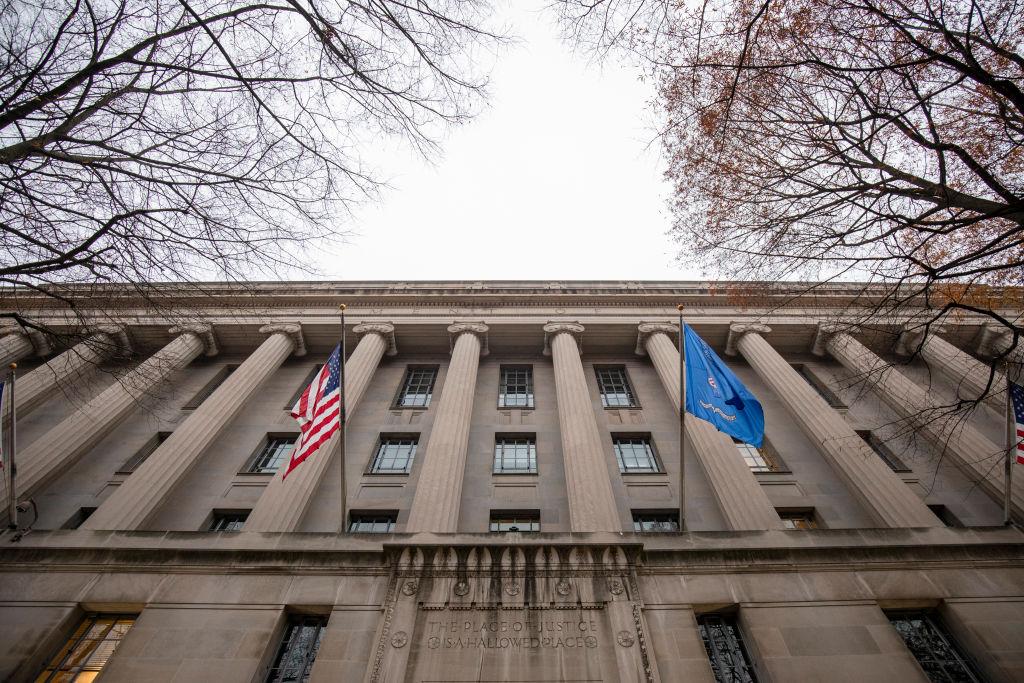A federal judge has indicted a Chinese national in Los Angeles for allegedly participating in a scheme to manufacture and sell $9.5 million worth of Chinese counterfeit laptop computer batteries and other electronics, the Department of Justice announced on Oct. 4.
United States District Judge John F. Walter sentenced 30-year-old Cai Zhoulin, also known as Allen Cai, to 5 years imprisonment. Cai was ordered to pay $9,227,543 in restitution and $25,000 in fines.




